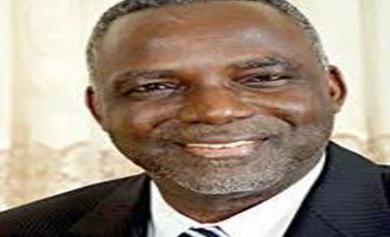
?
The Minister of Power, Prof. Bart Nnaji, has directed the management of each of the 18 companies created out of the Power Holding Company of Nigeria (PHCN) to start paying the staff a 50 per cent salary increase from this month.
Nnaji disclosed this in a statement signed by his ?Special Assistant, Ogbuagu Anikwe, yesterday.
?
?
The minister added ?that the Federal Government had agreed to pay the outstanding first three months of the new salary package which took effect from June 2011.
He also said that the development would ?enable CEOs of the successor companies, who are running the companies as autonomous business entities, to henceforth begin paying the new salary package from September 2011.
?
?
The PHCN hitherto generates about N11 billion monthly and utilises a little over N7billion of it on staff salary and emoluments.
The 50 per cent salary increase will now bring the new wage bill to over N11b, thereby leaving the holding company with a balance of some N2 billion monthly.
The minister stated that that this situation was far from satisfactory as the PHCN still had to pay N8 billion every month to ?gas and electricity suppliers like Shell, AES, Agip, the Rivers and Akwa Ibom state governments, which operate Independent Power Projects (IPPs), as well as meet other operational costs of running the business.
?
?
He said, “At least N17 billion has to be generated monthly to defray operational costs and pay staff salaries monthly”.
?Nnaji expressed optimism that the N17 billion benchmark could be met if the PHCN management and staff increased power supply to the public and plugged some leakages within the system.
?
?
“A situation where our efficiency rate improved at 15 per cent, instead of 35 per cent, last month is not good enough. Our commercial losses, which stand at 40 per cent largely because of improper metering and non-metering, are still unacceptably high,” he added.
?Nnaji also urged the PHCN leadership to stop such sharp practices as bypassing of air conditioners, pressing irons, welding machines and other heavy power consuming gadgets in the metering system.
He reminded the CEOs that their monthly salary bills would balloon further with the ongoing regularisation of the appointments of thousands of Nigerians who ‘have been working as so-called casual workers’.

